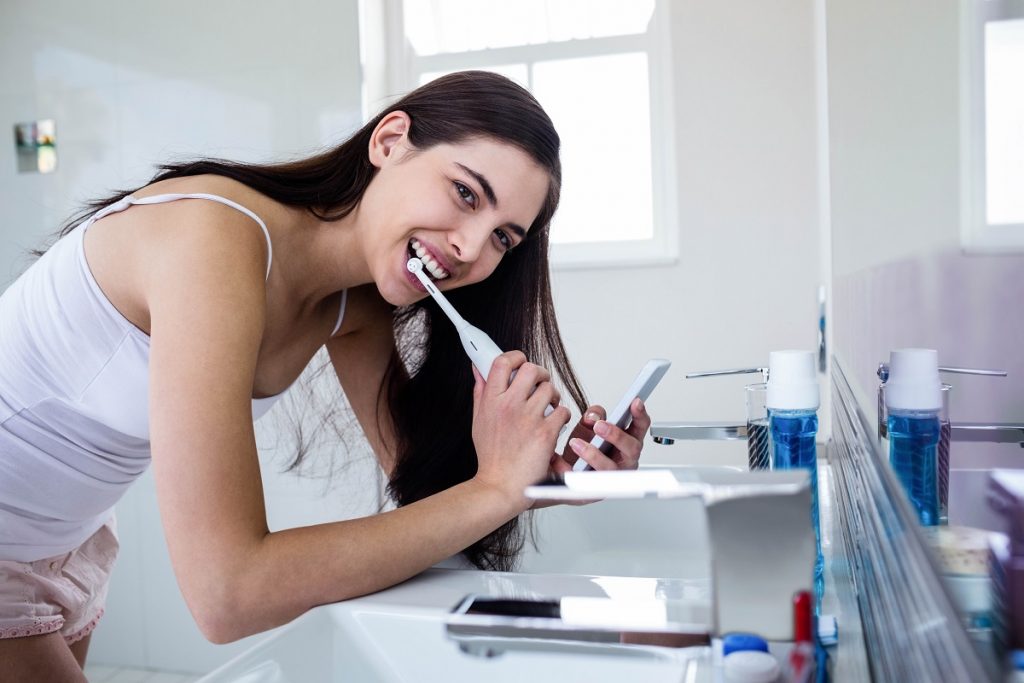Good oral hygiene is something very familiar to us. Ever since we’re kids, our parents have reminded us to brush and floss our teeth regularly and avoid sugary sweets. As we age, these habits have become a part of our daily lives, which affect our social lives and overall health.
Healthy oral health is the key to a great first impression. People judge our appearance the way our smile looks, including the shape, color, and alignment of our teeth. This is why people with tooth decay, tooth loss, and other oral health are less likely to smile and socialize. In fact, studies show a significant connection between tooth loss and tooth decay in self-esteem and confidence.
That’s why it’s not surprising why young adults rely on dental procedures to reap the benefits of a healthy smile. In turn, dental experts rely on technology to ensure fast, painless, and effective oral care treatment. One example is digital 3-D printing for dentistry to eliminate the manual process of creating dental impressions while improving accuracy.
Despite the variety of dental treatments, the secret to healthy teeth still depends on how you maintain good oral hygiene. The problem is, oral care is filled with myths and conceptions, causing people to be misled. In this article, we’ll tackle the most common mistakes in oral hygiene and avoid dental problems in the future.
Using the wrong toothpaste
The market offers a wide variety of toothpaste with different flavors, colors, and additional features. Before you fall into the trap of commercial advertising, it’s best to check the product label first.
When shopping for the right toothpaste, select one that contains fluoride. Most commercial brands sell fluoride-containing toothpaste, while natural products may contain little or no fluoride.
If you have sensitive teeth, avoid using whitening paste since it contains strong ingredients that can irritate your teeth and gums. Your best bet are specially formulated products for sensitive teeth. They consist of potassium nitrate that soothes nerve endings.
Any toothpaste with the American Dental Association (ADA) seal means the manufacturer followed the rigorous standards of the association. Still, ADA approval is completely voluntary. You can find effective toothpaste with no ADA endorsement.
Brushing after eating
Sometimes we can be in a hurry to go to school or work that we brush our teeth right after eating. Of course, no one wants to interact, with their breath smelling of their breakfast. But dental experts revealed that brushing after eating can do more harm than good.
The enamel layer of the teeth softens every time you eat. That’s why brushing immediately after eating increases the risk of damaging your enamel. After eating, wait for 30 minutes before brushing your teeth. This is important if you eat or drink anything starchy, sweet, or acidic, such as orange juice.

Using the wrong toothbrush
There’s a reason why oral brushes come in different shapes, lengths, sizes, and extra features. The type of toothbrush that’s right for you depends on your current dental care needs and the oral issues you’re suffering at the time.
Buy a toothbrush that suits your teeth and gum condition. As a general rule, dentists highly recommend using a toothbrush with soft bristles, especially for those with sensitive teeth or gums.
The frequency and pressure of your brush and the type of the brush’s bristles all affect the process of clearing bacteria and plaque away. Even the way you store your brush is also important! This explains why some brushes come with a container — to avoid collecting bacteria. For this reason, the best way to store a brush is to place it in a holder with access to air so the water can easily drip off.
Gargling instead of brushing and flossing
Gargling with mouthwash is an essential part of dental hygiene. It helps kill bacteria, prevent gum disease, strengthen teeth, and provide fresh breath.
But despite the great benefits of mouthwash, it shouldn’t be an alternative to brushing and flossing. Mouthwash is a valuable addition to oral hygiene, but it’s not a good replacement for brushing and flossing. First off, it cannot mimic the cleaning ability of a toothbrush and floss, which can reach the deepest corners of the teeth. Although mouthwash is an effective disinfectant, it doesn’t do a great job of removing plaque completely.
Good oral hygiene is critical for overall health. It won’t only prevent cavities, gum disease, and tooth loss but also lower the risk of chronic health conditions, such as diabetes, cancer, and heart disease. More importantly, healthy teeth also improve your confidence and self-esteem, which can positively affect the quality of your social interactions.

